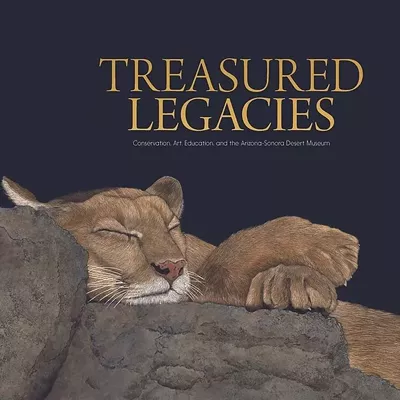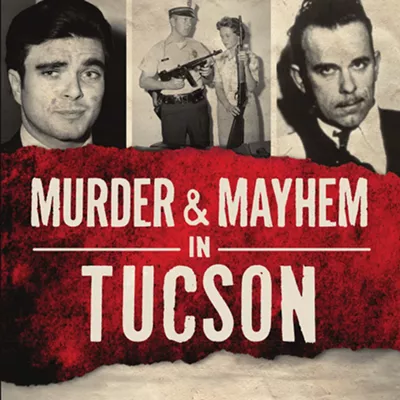This sort of exposition raises the question: Did Bowden have a story to begin with? Are the lack of a conclusion, the conversations, the statistics on the Mexican economy and the sporadic newspaper report summaries an attempt to throw dust in our eyes? Is the author so overwhelmed by the plethora of information (and misinformation) on the drug trade he that lost his compass?
In any case, I could not put this book down.
The book's protagonist, Phil Jordan, is a top DEA agent working out of Texas. His younger brother is killed in a Kmart parking lot, in what is categorized by police officers as a carjacking gone bad. Car theft is common in El Paso--but a carjacking resulting in murder is not, especially not with such an expensive firearm, one the 13-year-old suspect could never afford.
The plot thickens as we find the Mexican Consulate taking an uncharacteristic interest in the case, providing legal representation. The suspect's fear of the supposed driver that drove the carjacker to the parking lot adds to the peculiarity of the crime.
Later, Jordan offers the entire suspect's family a chance to leave their squalor in Ciudad Juarez and go into the Witness Protection Program, with the federal government dropping the murder charge in return for cooperation. But the suspect doesn't take the deal. There is more to fear than a prison term, says Bowden, particularly when you have the likes of Amado Carrillo--former resident of the city of Juarez, narco-trafficking kingpin and airline investor--to fear.
Carrillo was dubbed "Lord of the Sky" for his ability to control a significant amount of the drug trade, much of which traveled by plane through Mexico to reach the United States. He is a mythic figure in the book and among the Mexican people, for so little is known about the man other than the fact that he was born in Sinaloa, a state in Mexico with a long history of banditry.
Judges, generals, federales, politicians--everyone seems to have a piece of the action, which isn't to say there aren't some straight arrows and true public servants in Mexico. But Bowden's depiction makes it easy to fathom why one would choose a bribe over their own torture and death, not to mention the murder of their family and friends.
Bowden also makes it easy to see why Amado Carrillo was such a success at what he did. The Spanish term ganas (will) comes to mind. Carrillo embodied it in the most ruthless sense, willing to murder entire groups of people in his own organization if a deal went bad, just to eliminate the possibility of one snitch.
I became completely engrossed in Bowden's portrait of Mexico--dependent on the drug trade and in the midst of financial collapse. Years of corruption have produced the modern narco-traffickers: both villains for their lawlessness and heroes for spending their abundance of cash within the country, thus creating jobs for the Mexican people.
Bowden's portrait of the Mexican people is moving--highlighting their poverty and sense of betrayal with the United States for allowing foreign policy and economic interests to dictate how and which laws are enforced. I was taken with the Mexican peoples' disgust with their own government's corruption.
Also, the self-reliance and audacity DEA agents were forced to muster in nabbing big fish is impressive. Some, like Jordan, use their own cash and credit line to front drug money, because the DEA isn't set up to bring down kingpins with relatively small amounts of cash. Thousands of dollars make little difference when you're talking about traffickers that are pushing billions of dollars of product across the border.
Bowden has fashioned this novel--a testament on our failed war on drugs--in such a way that it reads like a hard-boiled crime novel, one that does more than focus on story, but reveals the complexity of the drug trade and the relationship we have with our neighbor to the south.







